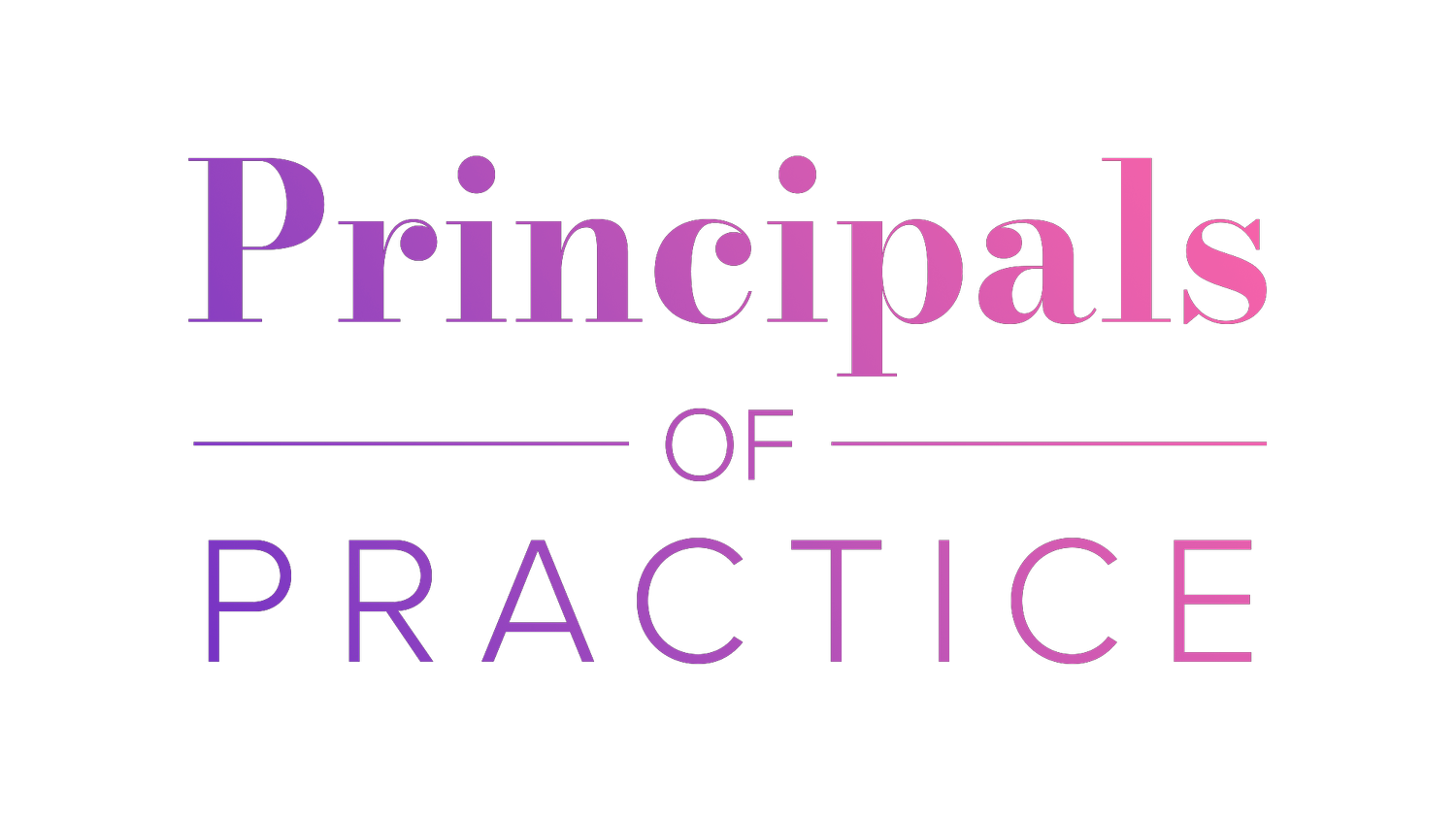Are your values in need of an upgrade?
“What makes you angry?” I was asked this question almost 20 years ago during an interview for an articled clerk position at a law firm in Brisbane, Australia. I was stumped – this was not a question I’d prepared an answer for. I can’t remember how I responded but my answer must not have been convincing because I wasn’t called back for a second-round interview.
I now realise this question was meant to open a conversation about my values and what is important to me. The problem was that I was a 22-year-old woman and the society I was raised in taught me to value being considerate, agreeable and responsible. If I had a difficult message to convey I should do it with a smile on my face so I don’t offend or make the other person feel awkward. I wasn’t meant to be annoyed and certainly wasn’t meant to admit that anything made me angry in a job interview! In fact, if I could relive that experience I’d explain that during those months of interview preparation, the frequent reminders I was sent to NOT to wear trousers (women should always wear skirts to an interview!) made me furious.
Recently I wrote about The Authenticity Paradox, a concept developed by Professor of organisational behaviour, Herminia Ibarra. She explains that as we progress in our careers we might have a tendency to hold fast to potentially outdated and unhelpful beliefs or principles that are no longer helping us achieve, or go down the road we now say we want to be on. If you missed it, you can view that article here.
Values evolve through life in stages
Values are shaped by (among other things) your upbringing, profession and the society you grew up in. As your life changes – perhaps having family, moving into a new industry or taking on new responsibilities – you may notice a shift in what is important to you. As your definition of success changes, your personal values might need to adjust.
Your values will be affecting the way you show up in your everyday life. If you can track a value to a behaviour you feel is no longer serving you, then it might be time to update your values.·However, the mere idea of refreshing values can make people feel uncomfortable and as though they are embarking on some form of self-betrayal. If you feel you are not ready to scrap a value or two, perhaps it is time to consider whether adopting a few aspirational values might be helpful.
For instance, during the first few decades of my life respect was one of my core values. This showed up as me being polite, considerate and showing positive regard to others. Not always, but most of the time. I was one of those children who was always “a pleasure to teach” and I rarely rocked the boat. As I moved into my late 30s I started to notice that this value was getting in the way of me speaking up and challenging people I didn’t agree with. As a leader, I realised I needed to develop more courage. So rather than abandon respect altogether, I set about trying to incorporate more courage into my approach.
Trying on a new belief or behaviour can be a playful and fun process. It’s important to remain open to the experience, be flexible and experimental in your approach and get feedback from someone you trust.
Too often certain beliefs and behaviour can become unconsciously ingrained, so proactively taking steps to assess how we are developing (and who we are developing into) can help keep you on track in achieving your aspirations. This is where professional coaching can be invaluable. To find out more about how the coaching process can help your development, feel free to contact Katie@principalsofpractice.com.

